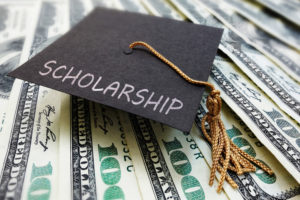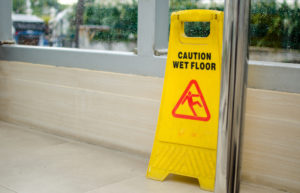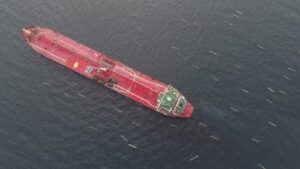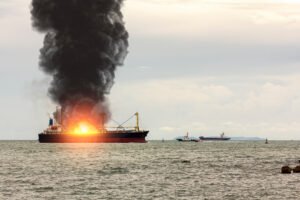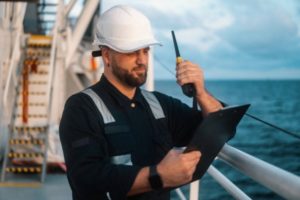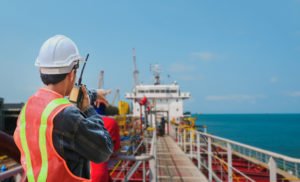
Working in the maritime industry can leave you vulnerable to injuries, whether onshore or at sea. Some of these injuries could be due to the employer’s negligence, human error, or faulty equipment. If you are injured while working in a maritime profession, you may be entitled to compensation from your employer.
The compensation process can be tricky and hard to maneuver. A Cankton maritime injury lawyer knows the legal system and can help to safely navigate you through the process.
Causes of Maritime Accidents
There are many possible causes of accidents while working at sea. Shipowners need to make sure their vessel and all its equipment are seaworthy before sailing away. Sometimes it can be hard for emergency services to reach the ship when accidents happen. Understanding the causes of maritime accidents may help you to avoid them.
Extreme Weather Conditions
A seafaring vessel could encounter a large storm with strong winds while at sea. Storms can drastically reduce the captain’s field of vision, making it nearly impossible to navigate the ship. High winds can also create a lot of sea spray, leaving the deck slippery and workers at risk for slips and falls.
Faulty Equipment
The equipment used on a sea vessel needs to be maintained regularly for a smooth experience. Faulty equipment spells danger for those aboard the vessel. Malfunctioning equipment might give the wrong readings, which could lead to disastrous consequences.
Unseaworthy vessels can also cause hazardous accidents. This refers to vessels that are unfit to be on the water. An unseaworthy ship can cause problems, such as leaks and improper drainage, risking the safety and lives of those on board.
Negligence
A shipowner needs to ensure everything on the ship is in good, working condition. The equipment and construction of the vessel need to meet all safety requirements before the vessel leaves port. If a worker gets injured because of the employer’s negligence, they may file a compensation claim for the damages caused by the accident.
Human Error
Some maritime accidents are simply due to human error. Because of the severe conditions at sea, the employer needs to make sure all crew members are well trained and can handle dangerous situations.
Some of the causes of human error can be working long hours without breaks, long voyages, reckless behavior such as heavy drinking or using drugs, work pressure, inexperienced crew members, and more. The owner has to ensure that there is enough equipment and crew members to handle all tasks on the vessel and avoid fatigue and human error.


Laborde Earles injury was great for me they took care of me very fast and professional. If for any reason I need legal help they will be who I use.
ClientCommon Maritime Accidents
There is so much that can go wrong in maritime settings, whether at sea, on docks, or even in shipyards. Some of the most common accidents can include:
- Fires and explosions from oil tanks and other reserves on board
- Slips and falls caused by poor drainage and wet decks
- Moving around improperly secured cargo
- Poorly stowed equipment that can come loose and become dangerous
- Steering or navigational failures due to faulty equipment
If you’re a maritime worker who has been hurt in an accident while working, a Cankton maritime injury lawyer can help. A lawyer from our firm can advise you on your next steps.
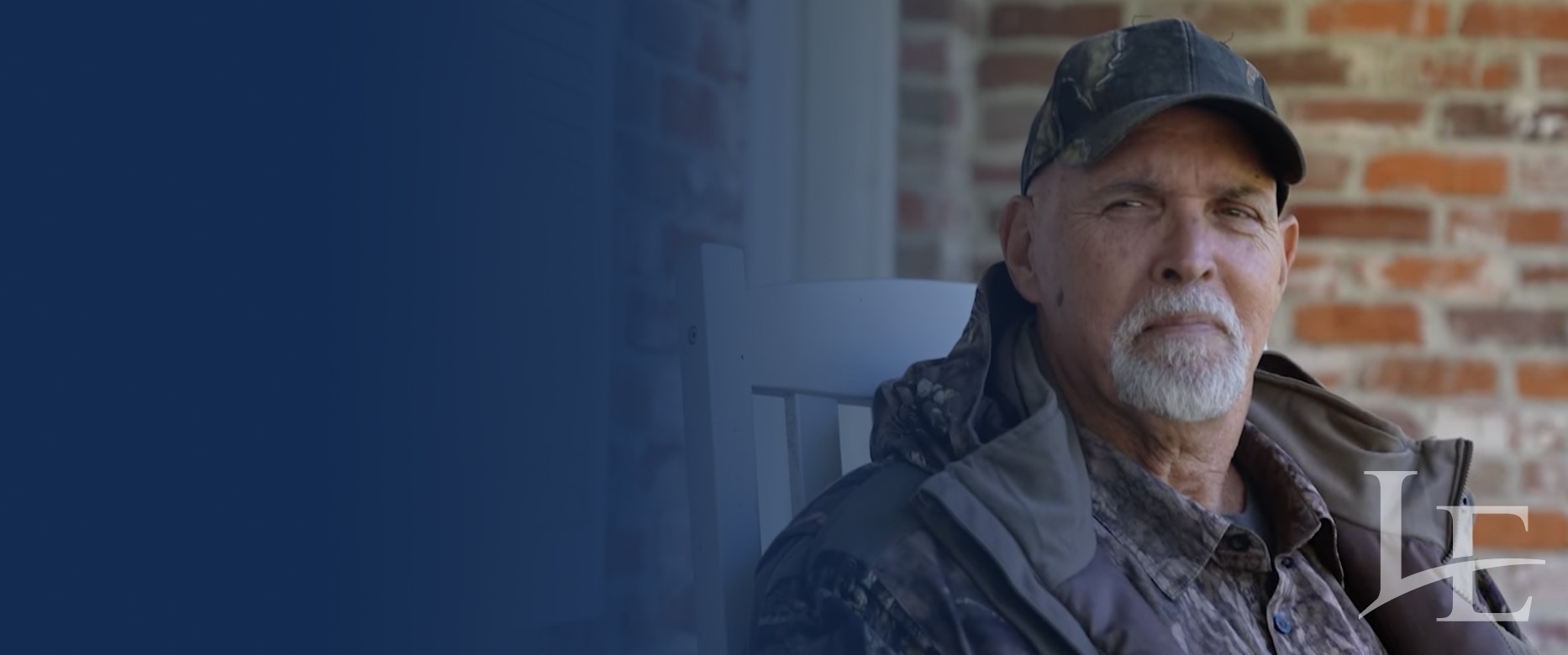

I thank God for Digger & David. I don’t know what we would have done if it hadn’t have been for them.
Rick Smith | ClientThe Jones Act and the LHWCA
The statute of limitations refers to the time limit within which the injured party can file a claim after an accident or injury. Under the Jones Act, which applies to seamen who spend more than 30% of their time on board a ship or vessel, the statute of limitations is three years from the date of the injury.
The Longshore and Harbor Workers’ Compensation Act (LHWCA) covers maritime workers who aren’t a crewmember of a seafaring vessel, such as dock workers, shipbuilders, or oil rig workers. Under the LHWCA, you have just two years to file your claim from the date of the injury, which you must report to your employer within 30 days.
Contact a Cankton maritime injury lawyer as soon as you can after your accident. This gives your lawyer more than enough time to file all your claims and collect evidence.
Under the Jones Act and the LHWCA, maritime employees may be entitled to damages which can include:
Loss of Income/ Loss of Earning Capacity
This compensation covers the money you may have lost if you had to take time off of work to recover from your injuries. It can cover your rent, food, and other daily expenses, just like your usual paycheck would.
However, if your injuries are long-term or permanent, you can file for the loss of earning capacity. This compensation would cover the money you were expecting to earn in the future but are now prevented from earning because of your injuries.
Medical Expenses
This compensation covers all your hospital bills, prescriptions, therapy, and other medical charges that might arise. It also covers surgeries and other procedures as long as they directly relate to the accident or pertaining injuries.
Wrongful Death Damages
You could seek this compensation if you lost a loved one in a maritime accident or maritime-related injuries. Death benefits can cover:
- funeral expenses
- emotional loss
- lost financial support
- other expenses relating to the loss of life, such as lawyers for settling the estate or medical bills incurred before your family member died
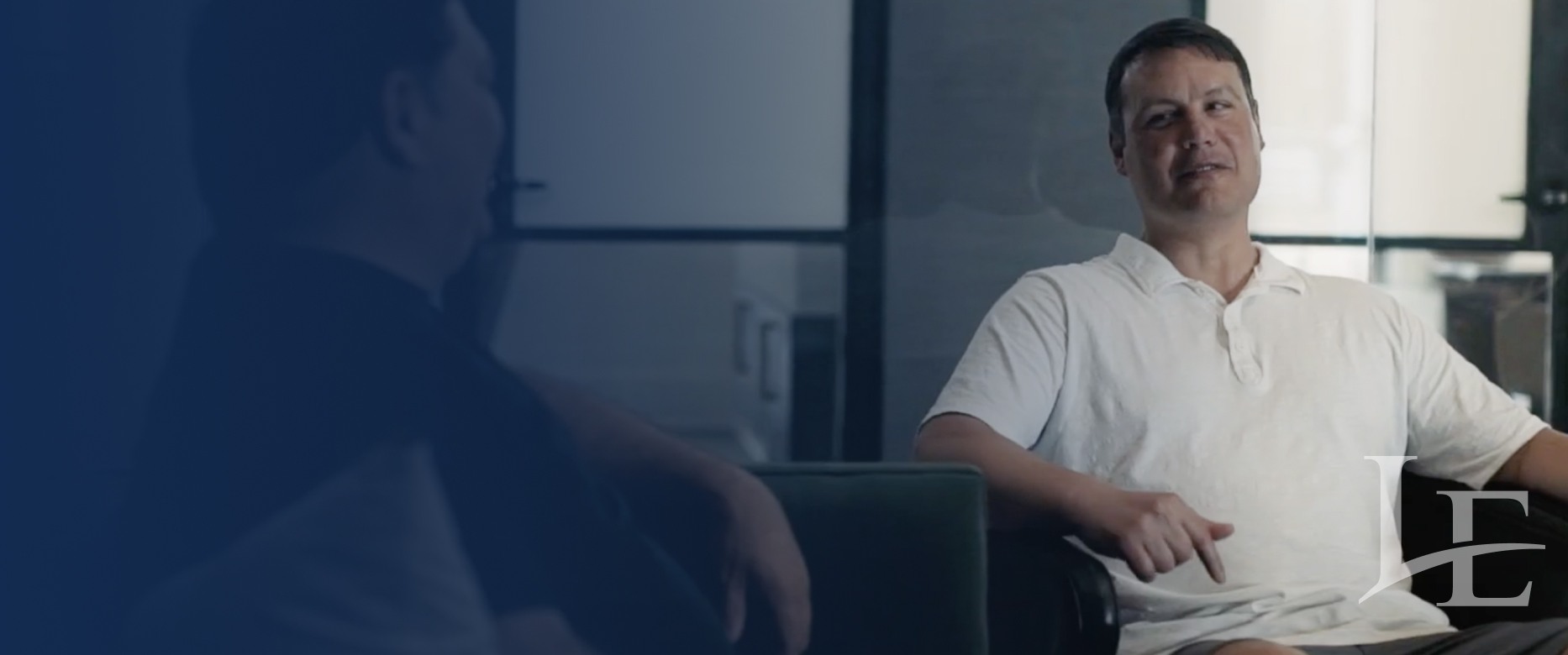

The reassurance from Digger and his staff gave me that renewed hope that it’s going to be okay down the road.
ClientTalk to a Cankton Maritime Injury Lawyer at Laborde Earles
If you are looking for a Cankton maritime injury lawyer to handle your case, look no further than Laborde Earles. Our attorneys are ready to help you navigate your case. You can schedule a free consultation at (337) 777-7777. Give us a call and let us get started on your maritime injury case today!
